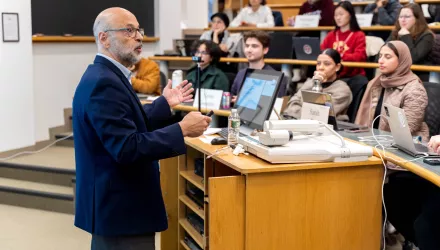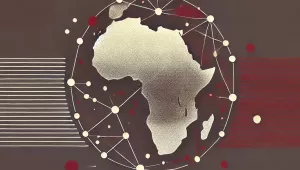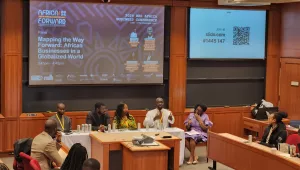Abstract
Since the mid-1990s, the issue of corruption has gained a prominent place on the global agenda. International organizations, including the Organization for Economic Cooperation and Development (OECD) and the UN, have adopted conventions requiring that their members enact laws prohibiting bribery and extortion. International financial agencies, notably the World Bank, have announced programs aimed at ensuring fair and open contracting for their projects and stopping misappropriation by government officials. Most nations have enacted some type of anticorruption law. International business groups have promulgated model codes of behavior, and multinational corporations (MNCs) now claim to be implementing antibribery programs. The leading nongovernmental organization (NGO) in this area, Transparency International, has conducted analysis and advocacy through chapters in over 90 nations. The international media report instances of corruption in high places virtually every day (often at great risk).
Underlying these changes in rules, rhetoric, and awareness is the growing recognition that bribery and extortion have demonstrably deleterious consequences. Gone is the day when some pundits seriously argued that corruption was an efficient corrective for overregulated economies or that it should be tolerated as an inevitable byproduct of intractable forces. The true impact of corruption is now widely acknowledged: corruption distorts markets and competition, breeds cynicism among citizens, undermines the rule of law, damages government legitimacy, and corrodes the integrity of the private sector. It is also a major barrier to international development -- systemic misappropriation by kleptocratic governments harms the poor.
Although it is difficult to quantify global corruption, there is little question that huge problems exist. For example, the World Bank estimated in 2004 that public officials worldwide receive more than $1 trillion in bribes each year (and that figure does not include embezzlement). A 2005 survey by the Russian think tank Indem found that more than $300 billion in bribes is paid in Russia annually (a ten-fold increase since the last survey, in 2001) and that more than half of all Russians have at some point been asked for a payoff. According to the 2005 Volcker report (a report on the UN's former oil-for-food program by an independent committee headed by the economist Paul Volcker), more than 2,000 companies participating in the oil-for-food program -- almost half of the total -- may have been involved in kickback schemes. And the drumbeat of scandals continues, with events in China, Indonesia, Kenya, Russia, and the United States leading the news during the past year.
Given vast, continuing problems, the anticorruption movement will maintain its credibility and momentum only if it can translate its rhetoric into action and prevent and punish misbehavior in a more focused and systematic manner. In the near term, the implementation of anticorruption measures must come in important part from international organizations, developed nations, and MNCs. Developing nations also have a critical role to play.
Heineman, Ben. “The Long War Against Corruption.” Foreign Affairs, May / June 2006
The full text of this publication is available via Foreign Affairs.





